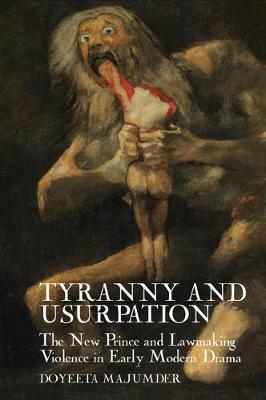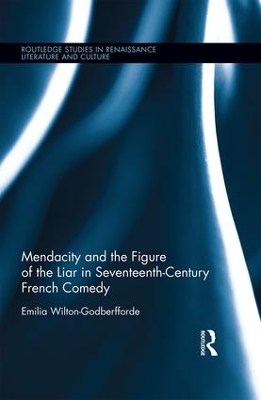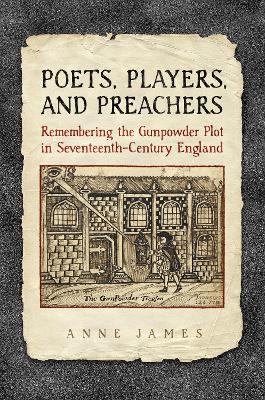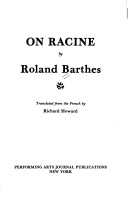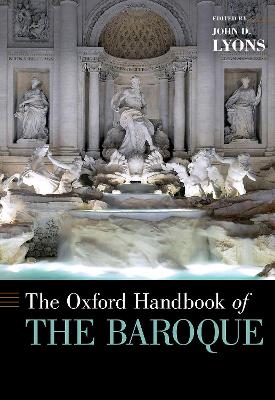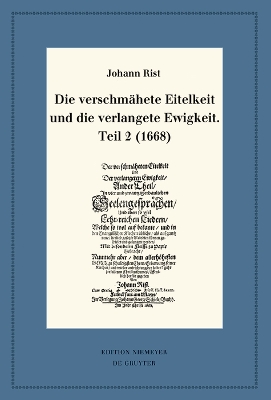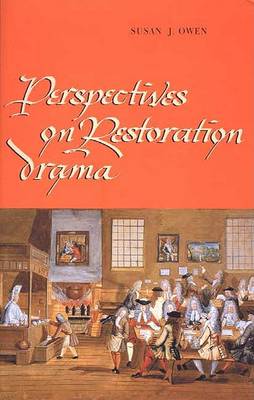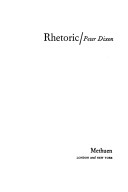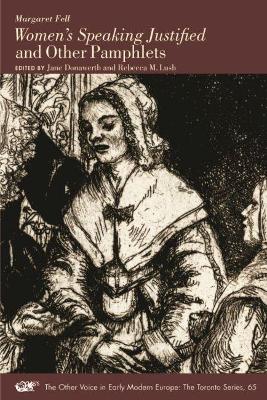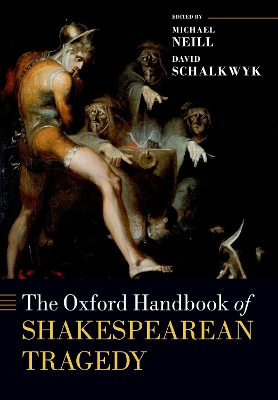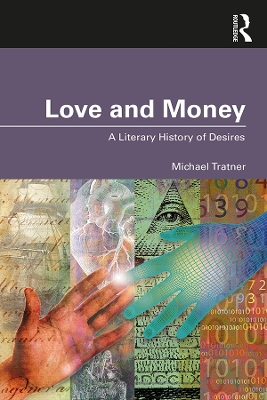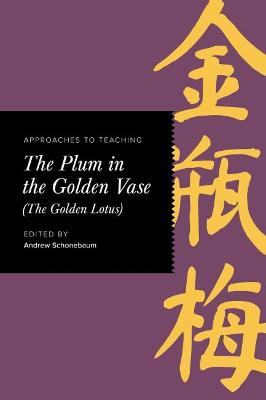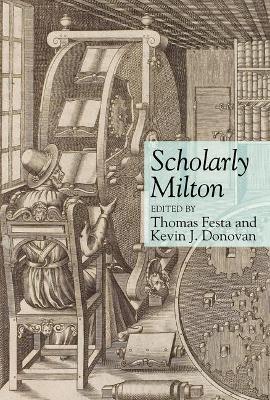Tyranny and Usurpation (English Association Monographs: English at the Interface, #5)
by Doyeeta Majumder
In the middle years of the sixteenth century, English drama witnessed the emergence of the 'tyrant by entrie' or the usurper, who supplanted earlier 'tyrant by the administration' as the main antihero of political drama. This usurper or, in Machiavellian terms principe nuove, was the prince without dynastic claims who creates his sovereignty by dint of his own 'virtu' and through an act of 'lawmaking' violence. Early Tudor morality plays were exclusively concerned with the legitimate monarch who...
Dramatic Extracts in Seventeenth-Century English Manuscripts
by Laura Estill
Throughout the seventeenth century, early modern play readers and playgoers copied dramatic extracts (selections from plays and masques) into their commonplace books, verse miscellanies, diaries, and songbooks. Dramatic Extracts in Seventeenth-Century English Manuscripts: Watching, Reading, Changing Plays is the first to examine these often overlooked texts, which reveal what early modern audiences and readers took, literally and figuratively, from plays. As this under-examined archival evidence...
Theatre Complet (Bibliotheque Du Theatre Francais, #62)
by Philippe Quinault
The first book-length study devoted to this topic, Mendacity and the Figure of the Liar in Seventeenth-Century French Comedy offers an important contribution to scholarship on the theatre as well as on early modern attitudes in France, specifically on the subject of lying and deception. Unusually for a scholarly work on seventeenth-century theatre, it is particularly alert to plays as performed pieces and not simply printed texts. The study also distinguishes itself by offering original readings...
On the night of November 4th 1605, the English authorities uncovered an alleged plot by a group of discontented Catholics to blow up the Houses of Parliament with the lords, princes, queen and king in attendance. The failure of the plot is celebrated to this day and is known as Guy Fawkes Day. In Poets, Players and Preachers, Anne James explores the literary responses to the discovery of the Gunpowder Plot in poetry, drama, and sermons. This book is the first full-length study of the literary r...
On Racine is a brilliant, personal view of theatre in which Barthes discusses all the major tragedies of Racine as well as the range of critical views of his work.
Few periods in history are so fundamentally contradictory as the Baroque, the culture flourishing from the mid-sixteenth to the mid-eighteenth centuries in Europe. When we hear the term Baroque, the first images that come to mind are symmetrically designed gardens in French chateaux, scenic fountains in Italian squares, and the vibrant rhythms of a harpsichord. Behind this commitment to rule, harmony, and rigid structure, however, the Baroque also embodies a deep fascination with wonder, excess,...
Die Verschmahete Eitelkeit Und Die Verlangete Ewigkeit, Teil 2 (1668) (Neudrucke Deutscher Literaturwerke. N. F., #104)
by Johann Rist
Perspectives on Restoration Drama
This is an introduction for students to the drama which followed the Restoration of Charles II in 1660. It includes representative coverage of both the new forms in this period, and of ways in which the old forms altered, including heroic drama, comedy, tragedy, tragi-comedy and adaptations of Shakespeare. The works are situated in their theatrical, social and historical context and the study also considers the effects of censorship and of the limiting of the number of theatres by royal decree....
Rhetoric (The Critical Idiom Reissued, #18) (Critical Idiom S.)
by Peter Dixon
First published in 1971, this book provides a historical account of the fortunes of Rhetoric. Beginning with a study of classical rhetorical theory and practice, it goes on to explore the impact of rhetoric on English literature and the renunciation of rhetoric from the late 17th century. The book concludes with a survey of the ways in which rhetoric was revived and re-modelled in the 20th century and its bearings on the practice and theory of literary criticism. This book will be of interest to...
Women`s Speaking Justified and Other Pamphlets (Medieval and Renaissance Texts and Studies, #538)
by Margaret Fell
Margaret Fell (1614–1702), one of the co-founders of the Society of Friends and a religious activist, was a prolific writer and distributor of Quaker pamphlets. This volume offers eight texts that span her writing career and represent her range of writing: autobiography, epistle or public letter, examination or record of a trial, letter to the king, and argument for women’s preaching. These selections also document Fell’s contributions to Friends’ theology, exemplify seventeenth-century women’s...
The Oxford Handbook of Shakespearean Tragedy (Oxford Handbooks)
The Oxford Handbook of Shakespearean Tragedy presents fifty-four essays by a range of scholars from all parts of the world. Together these essays offer readers a fresh and comprehensive understanding of Shakespeare tragedies as both works of literature and as performance texts written by a playwright who was himself an experienced actor. The opening section explores ways in which later generations of critics have shaped our idea of 'Shakespearean' tragedy, and addresses questions of genre by exa...
Although the broad topic of time and literature in the long eighteenth century has received focused attention from successive generations of literary critics, this book adopts a radically new approach to the subject. Taking inspiration from recent revisionist accounts of the horological practices of the age, as well as current trends in ecocriticism, historical prosody, sensory history, social history, and new materialism, it offers a pioneering investigation of themes that have never previously...
When people speak about love and money, they usually are referring to a conflict: love distorted by the desire for money. Such statements imply that love has a distinct form before economics interferes, but this book aims to show that such a view simplifies what is going on, because people have always been deeply shaped by everything in the social order, including economics. So when people say that money is distorting love, what they are really saying is that the current relationship of love and...
Approaches to Teaching The Plum in the Golden Vase (The Golden Lotus) (Approaches to Teaching World Literature)
The Plum in the Golden Vase (also known as The Golden Lotus) was published in the early seventeenth century and may be the first long work of Chinese fiction written by a single (though anonymous) author. Featuring both complex structural features and psychological and emotional realism, the novel centers on the rich merchant Ximen Qing and his household and describes the physical surroundings and material objects of a Ming Dynasty city. In part a social, political, and moral critique, the novel...
